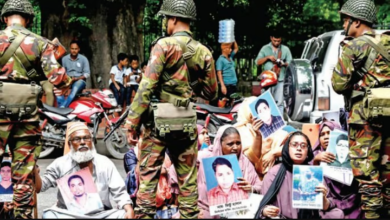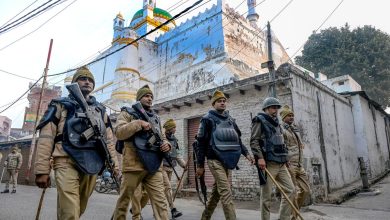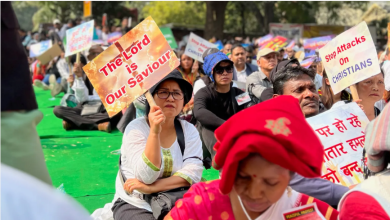‘Turbulence hits India-US ties after Sikh leader murder plot, says Qatari TV report

Washington: In the wake of India’s plot to kill the New York-based Sikh Khalistani leader Gurpatwant Singh Pannun, India has withdrawn many operatives of India’s secret agency Research and Analysis Wing (RAW) from the United States in recent months, reported a Qatar-based news channel.
According to Kashmir Media Service, the attempted murder slowed down the progress on defence deals over the purchase of Predator drones by India, and for the transfer of technology for jet engines between the two countries.
“Within the corridors of power in New Delhi, there is disquiet over what the Pannun case suggests — that communication devices of Indian officials might be under scrutiny,” Al Jazeera report said.
India — Indian Prime Minister Narendra Modi is not known to give interviews to the media.
In late December, he made an exception and spoke to the London-based Financial Times, which had first reported on how the United States government had thwarted an alleged plot hatched by an Indian agent to kill the Sikh leader on American soil. Gurpatwant Singh Pannun, a US-Canada dual citizen, faces life threat for his call for a separate Sikh homeland carved out of India, called Khalistan.
In the interview, Modi made light of suggestions that the US allegations of Indian involvement in an attempted extraterritorial and extrajudicial killing had hurt bilateral ties between the world’s two largest democracies. “I don’t think it is appropriate to link a few incidents with diplomatic relations between the two countries,” he said while committing — as his country’s Ministry of Foreign Affairs had done earlier as well — to an internal Indian investigation into the allegations.
“Yet a series of visits — and one key decision to avoid a visit — point to a strain in ties at a time when both nations are headed towards elections, shrinking the political space available to their leaders to make moves that could attract domestic criticism,” the Qatari TV said.
On December 11, FBI chief Christopher Wray visited New Delhi for talks that are believed to have included a conversation on the Pannun case — it was the first visit by an FBI director to India in 12 years. The US Congress-appointed watchdog on religious freedom also released its annual report early, demanding that the Biden administration declare India a “country of particular concern”. The US Commission on International Religious Freedom linked the allegations of a hit ordered against Pannun to the broader concerns about attacks on religious minorities in India. It said it was “alarmed” by India’s increased transnational “targeting of religious minorities and those advocating on their behalf”.
Then, US President Joe Biden turned down Modi’s invitation to attend India’s January 26 Republic Day celebrations as chief guest. No formal reason has been made public, but Biden’s refusal to come to New Delhi has also forced India to postpone a meeting of the Quad grouping — which also includes Australia and Japan — it was hoping to hold during the US leader’s visit.
These are among a series of signs of the tensions in ties, said Sushant Singh, a senior fellow at the New Delhi-based Centre for Policy Research.
“If the US officials were monitoring secure Indian government communications in Delhi, they definitely know much more than they have revealed so far,” said Singh.
“June was the high peak of India-US ties and they have cooled down since,” he told Al Jazeera, referring to Modi’s visit that month to Washington, during which he became a rare leader to address the US Congress for a second time. “The Pannun murder plot has had a definite role to play in this.”








